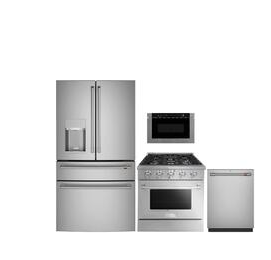Gas range vs electric ranges

Whenever shopping for a range, the first decision you must make is whether to go with gas or electricity. It may come down to the nature of forms of energy you now have at residence and if you're prepared to put new ones in order to make the conversion. Depending on the manufacturer and type, gas and electric stoves are practically the same cost. You can still save cash initially by purchasing a lower-end electric stove, however, the expense of using that stove will begin to build up the further you cook. In the energy-saving contest between gas and electric, gas comes out on top. Producing and delivering power to your stove consumes around three times as much power.
Once it pertains to the convenience of use, the gas range may be the definite leader. Whereas electric ranges can warm up faster than gas ranges, chefs can adjust the degree of warmth on a gas stove relatively fast and easily by switching the fire up or down. Also, because electric stove burners retain temperature for extended periods of time, if you forget a pan on the fire, it may continue to cook and end up burning. Because of the exposed fire, some individuals are wary of using gas stoves. Electric stoves can also lead to burns, although the odds are slimmer because no flame is present. Electric stoves can be hazardous because there is often no indication whether the burners are warm or otherwise.










